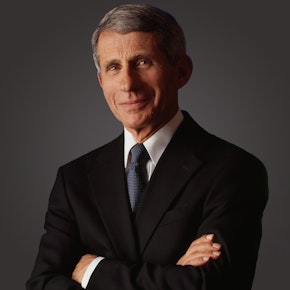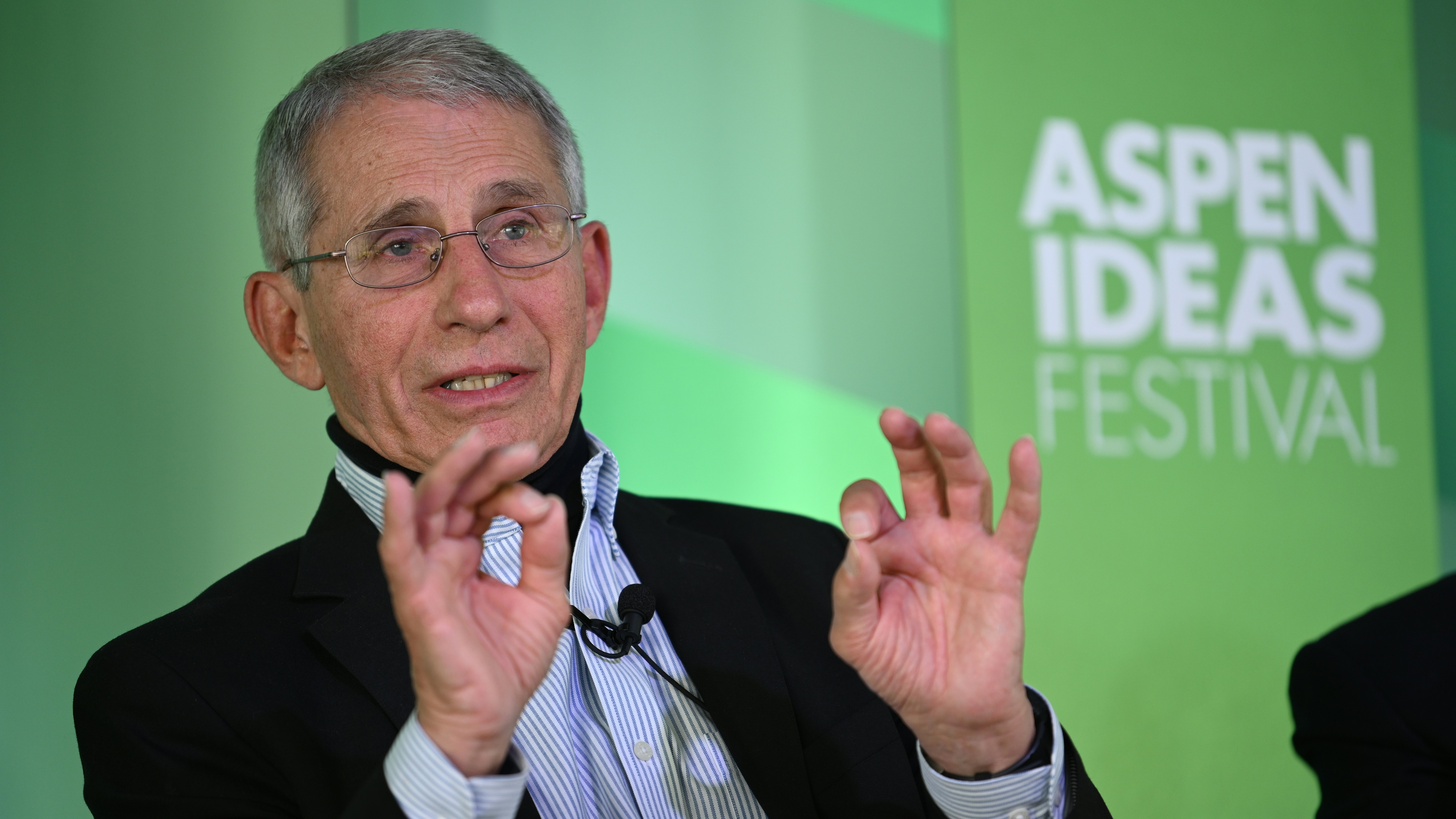
Anthony Fauci
Former Director, National Institute of Allergy and Infectious Diseases, National Institutes of Health
Anthony Fauci served as director of the National Institute of Allergy and Infectious Diseases from 1984 to 2022. Fauci oversaw a research portfolio devoted to preventing, diagnosing, and treating infectious and immune-mediated diseases and was a key advisor to seven presidents on global HIV/AIDS issues and on initiatives to bolster medical and public health preparedness against infectious disease threats such as COVID-19. He also served as chief medical advisor to President Joe Biden. Fauci was involved as an HIV/AIDS researcher since AIDS was recognized in 1981, conducting pivotal studies that underpin the current understanding of the disease and efforts to develop therapies and tools of prevention. He was a principal architect of the President’s Emergency Plan for AIDS Relief (PEPFAR), which has helped save over 25 million lives throughout the developing world. Fauci has received numerous awards for his scientific and global health accomplishments, including the Presidential Medal of Freedom.
Highlights
Anthony Fauci, director of the National Institute of Allergy and Infectious Diseases (NIAID), says some communities are slow to adopt live-saving HIV prevention and treatment methods.
Previously

Featuring three one-on-one conversations, our tenth anniversary closing session is not to be missed! We begin with comedian Iliza Shlesinger, who opens up to bestselling autho...

Twenty years ago, under the administration of George W. Bush, the US government established the President’s Emergency Plan for AIDS Relief (PEPFAR). With allocations exceeding...

Anthony Fauci, the nation’s leading infectious disease expert and Director of the National Institute of Allergy and Infectious Diseases, joins CNN Senior Medical Correspondent...

Can we end the HIV epidemic in the next five years? President Trump pledged in February to do just that, but it will take vigorous research, aggressive outreach, new global co...

Thirty-six million people have died of AIDS since 1981, and about as many are living with HIV today. But antiretroviral drugs can suppress HIV blood levels almost completely,...

Infectious diseases represent one of the greatest threats to global health and security. The failures of the Ebola crisis demonstrated that we remain woefully unprepared, but...

Pharmaceutical advances are expanding, with some exciting new drugs already on the market and others ready to emerge from the pipeline. These therapeutics offer fresh hope fo...

The Zika virus, first identified among humans in 1952 in Uganda, began spreading across the Americas and the Caribbean in 2015. Locally-acquired cases on the continental US ar...



